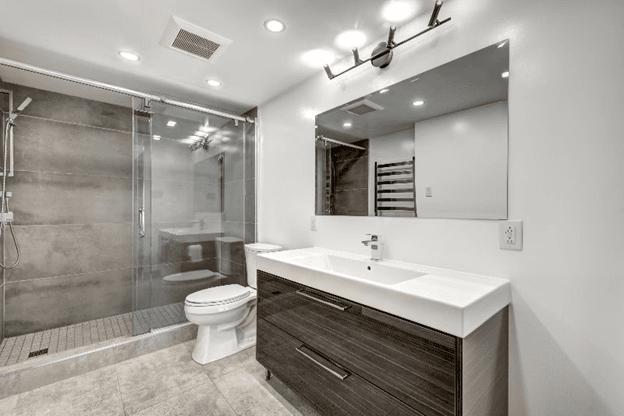In our ever-evolving digital age, the concept of a 'smart home' has transitioned from a utopian idea to a present-day reality. With a vast array of devices and systems now controllable via smartphone apps, homeowners can embrace the convenience and efficiency of home automation. However, as is the case with every technological development, homeowners should stay attuned to all the risks associated with smart homes.
The Advantages of a Smart Home
Remote Control and Convenience
Home automation allows control of various systems such as HVAC, garage doors, lighting and even refrigerators from anywhere in the world. It also allows you to adjust your heating or cooling remotely, so you can save energy while away and ensure maximum comfort when you return home. Finally, remote garage door openers can be particularly useful when you need to let in neighbors or contractors.
Enhanced Entertainment and Monitoring
Integrated audio and video systems can provide seamless entertainment throughout the home, and smart homes can also facilitate the remote monitoring of electricity and water usage, aiding in leak detection and energy conservation.
Security and Insurance Benefits
Modern home security systems with remote control capabilities enhance safety without the need for physical keys. Some insurance companies offer incentives for smart homes due to the perceived increase in safety and reduced risk of claims.
The Downsides of Home Automation
Security Risks
Internet-connected devices, including smart home systems, are susceptible to hacking. This risk extends to personal privacy, with incidents of compromised smart TVs and other devices. When checking something like "whats my IP address," remember that exposing your IP address can increase your vulnerability. Using strong, regularly updated passwords—ideally stored in a self-hosted password manager—and high-level encryption like WPA2 are essential for securing smart home devices.
Dependence on Internet and Power
Reliability issues can arise if your home lacks a stable internet connection or experiences a power outage. While some systems have backup options, not all do, which can lead to loss of functionality and data.
To keep smart locks, cameras, and voice assistants running smoothly, you need reliable internet and strong WiFi coverage. Providers like Optus, offer nbn and 5G, and tools such as whole-home mesh systems or failover modems help maintain connectivity in larger homes. Using one provider for both internet and mobile can also make managing multiple devices easier.
Initial Investment and Compatibility Concerns
Upgrading to smart appliances and systems is a significant investment but can be worth it. When upgrading your devices, ensure compatibility from different manufacturers for maximum performance, which requires thorough research and professional assistance at times.
Installation Challenges
While many users can set up these devices independently, others might need to hire a specialist, adding to the overall cost.
Smart homes are alluring in their ability to bring unparalleled convenience and control to everyday living. However, it's crucial to balance this with the potential security risks and system upgrade and maintenance costs. As a homeowner in the digital era, understanding both the pros and cons of home automation is key to making informed decisions about integrating this technology into your home.
Get the Latest Insights!
Sign up to stay up to date with latest tips, trends and updates from WIN.










